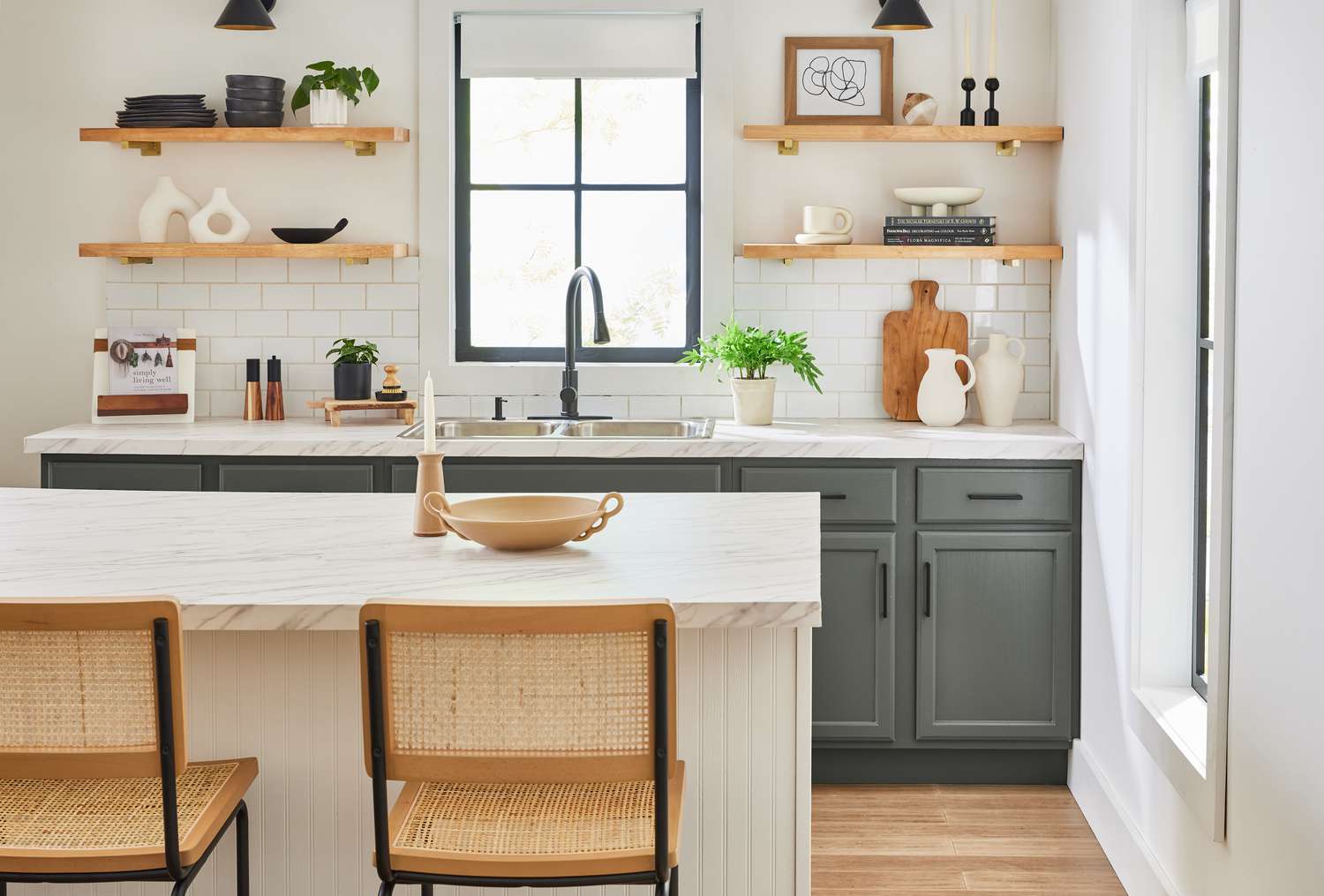In today’s world, it’s a hustle to manage work, family and mental health. For some, the kitchen has become a spot to stress—overfull of unused stuff, overcrowded shelves, full fridge of forgotten ingredients. The solution? Minimalist meal planning.
Ways to do so would be to reduce waste, save time, and create the best kitchen possible by embracing a simple and intentional approach to your meals.
What is Minimalist Meal Planning?
This therefore means that minimalist meal planning is all about how you create an effortless process of cooking and eating without much hassle.
It Involves:
- Planning meals with the most limited little set of ingredients you can muster.
- Filtering out anything that doesn’t add value to our kitchen.
- Creating meals that fit your nutritional goals without overcomplicating it.
This is not merely simplification — it’s a wholescale change in how you cook, shop for food, and eat.
Why Choose Minimalist Meal Planning?
No.1
Saves Time and Energy:
Minimalist meal planning takes away any decision fatigue and allows you to spend your time on other essential parts of your life. What if you knew exactly what was for dinner every night without the middle of the night scramble.
No.2
Reduces Food Waste:
And yet, did you know that almost one third of all food produced globally is a waste? Now, meal planning is minimalistic that it uses all the ingredients on your list and minimizes wasting any, saving you money as well.
No.3
Encourages Healthy Eating:
A clean kitchen is a saner one. When you have a pantry and fridge that are organized, it’s easier to intentionally make nutritious meals.
No.4
Declutters Your Kitchen:
Less chaos means less mess in your cooking space with fewer tools, fewer ingredients, and a good ol’ system!
How to Get Started with Minimalist Meal Planning
1. Declutter Your Kitchen
Before becoming a mom of babies, you’re intertwined with the give and take of meal planning, taking on the task of planning meals and trying to keep the fridge and freezer stocked, scouring grocery circulars for sales. Refrain from keeping anything around you that you no longer use; trendy gadgets, expired pantry items, and utensils that you are seldom using. Keep only the essentials: a sharp knife, a sturdy cutting board and a couple good pots and pans.
2. Plan Weekly Meals
Make time every week and create your own meal plan. Make it simple: By choosing meals with similar ingredients, you will get fewer items on the shopping list.
Examples:
- Monday: Quinoa stir-fried vegetables
- Tuesday: Crumby bread and vegetable soup
- Wednesday: Roasted vegetables quinoa salad
3. Choose Versatile Ingredients
Staples that can be used in numerous recipes should fill your pantry.
Examples:
- Grains: rice, quinoa, and oats.
- Proteins: eggs, beans, and tofu
- Vegetables: spinach, bell peppers, carrots.
4. Batch Cook and Prep Ahead
Cooking in bulk saves you time and having healthy meals ready all week. If you can, spend a couple of hours on the weekend chopping vegetables, cooking grains or prepping your sauces.
5. Simplify Your Recipes
Seek recipes with less than 10 ingredients and easy instructions. Minimalism websites and cookbooks are great resource.
Tips for Maintaining Minimalist Meal Planning
Tip No.1
Stick to Your Shopping List:
Starting with a minimalist mindset begins at the grocery store. Do not make impulse buys and stay on your list.
Tip No.2
Embrace Leftovers:
Make plans for meals which can be made ahead and/or repurposed for new meals. To give an example, dinner can be roasted vegetables that can become the base for a salad or frittata.
Tip No.3
Adopt a Capsule Pantry:
And like a capsule wardrobe, a capsule pantry encompasses only the essential and versatile, limiting a housewife to a handful of ingredients at a time. It prevents you from having extra clutter and keep the basics within arms reach.
Tip No.4
Review and Adjust:
Schedule regular evaluation of what works, and what doesn’t. In case a meal plan feels too strict, then make changes that work with your lifestyle.
Minimalist Meal Planning for Families
-
Involve Everyone:
Have family members tell you their favourite meals. Make these a part of your weekly plan.
-
prep Together:
Make meal prepping a family thing. Simply put, it’s a great way to teach kids good healthy eating habits.
-
Emphasize Versatility:
Opt for meals that can be customized to suit different tastes like build your own tacos or pasta bowls.
The Environmental Impact of Minimalist Meal Planning
One of the most impactful things you can do for our environment is reduce food waste. By doing so, minimalist meal planning helps:
- It incites you to buy only what you need.
- It involves using ingredients all the way before they spoil.
- Sustainable consumption habit.
Overcoming Common Challenges
Challenge No.1:
Lack of Variety
Solution:
Change the order of your staple ingredients with other seasonal produce and spices.
Challenge No.2:
Time Constraints
Solution:
Batch cooking and prepping time investment will free up your weekdays.
Challenge No.3:
Breaking Old Habits
Solution:
Start small—concentrate on one type of meal at first and then add on.
Final Thoughts (Conclusions)
Minimalist meal planning is not just about the clean out of your kitchen, it’s a broader shift in your lifestyle towards minimalism, and clarity, sustainability, and wellbeing. Declutter your kitchen, use the most versatile ingredients, and plan meals intentionally, and you’ll save time, reduce stress, and get a more mindful approach to food.
It’s time to make the leap today—you will thank yourself, your future self, and your kitchen later.
Call-To-Action
Let’s simplify your kitchen and embrace minimalist meal planning. Perhaps you could start small and organize your pantry, then plan the meals for the week you can prepare. Comment below with your journey!



